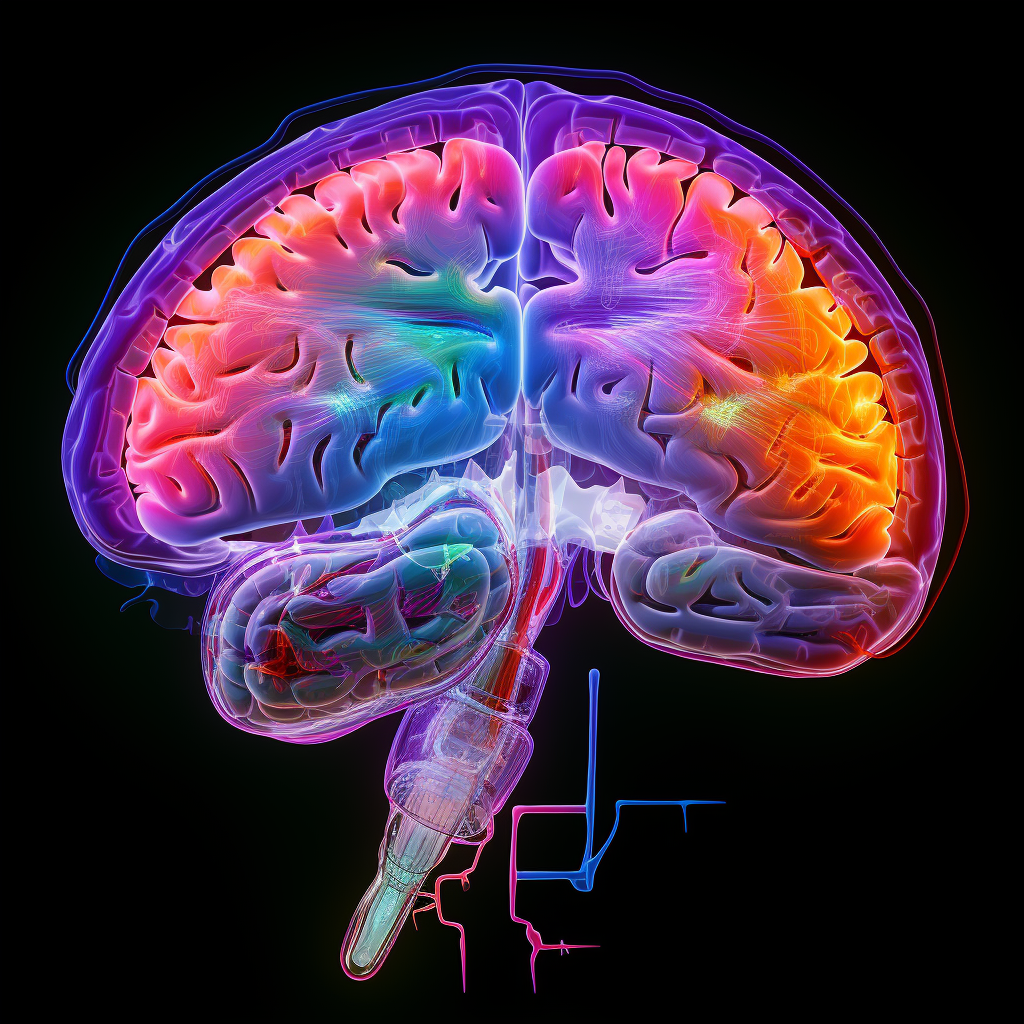Trauma, Brain Circuits, and Substance Abuse: A Closer Look at the Hidden Links
The battle against substance abuse is a global concern that transcends boundaries and demographics. This multifaceted problem poses a significant question: What are the underlying mechanisms driving substance abuse? Recent scientific breakthroughs spotlight two key elements: the profound impact of trauma and the role of specific brain circuits. In this post, we dive deeper into these intriguing aspects, illuminating the complex landscape of addiction.
Unveiling the Impact of Trauma on Substance Abuse
Life is a roller coaster of events, some stressful and others traumatic. These experiences, particularly when they are traumatic, can trigger far-reaching effects. A pioneering study by Sagrera et al. (2022) delves into the significant role trauma plays in addiction, proposing that understanding these factors could open new avenues for therapeutic development.
The researchers discovered a higher propensity for developing substance abuse disorders in individuals who had experienced trauma or significant life stress. This link suggests that trauma's impact on brain functionality could make individuals more prone to addiction. Unraveling this connection paves the way for developing innovative treatments, offering a beacon of hope for those grappling with addiction.
The Brain's Pivotal Role in Addiction
Our brains, with their astounding complexity, play a crucial role in addiction. Research by Hearing and Mantsch (2023) focuses on the function of prefrontal cortical circuits in addiction. These circuits, nestled in the brain's frontal region, are responsible for higher cognitive functions like decision-making and impulse control.
The researchers found that dysfunction in these circuits contributes to the onset and persistence of addictive behavior. When these circuits falter, individuals may struggle with impulse control, increasing their likelihood of succumbing to substance abuse. This research underlines the critical importance of understanding the brain's role in addiction and could inspire new treatments targeting these specific brain circuits.
Unraveling the Intricate Web of Addiction
Substance abuse, with its intricate web of causes and effects, is rooted in both our life experiences and our biology. Demystifying the role of trauma and brain function in addiction can lead to more effective treatments and provide superior support for individuals wrestling with substance abuse. As our understanding deepens, we inch closer to making significant strides in tackling this pervasive issue.



